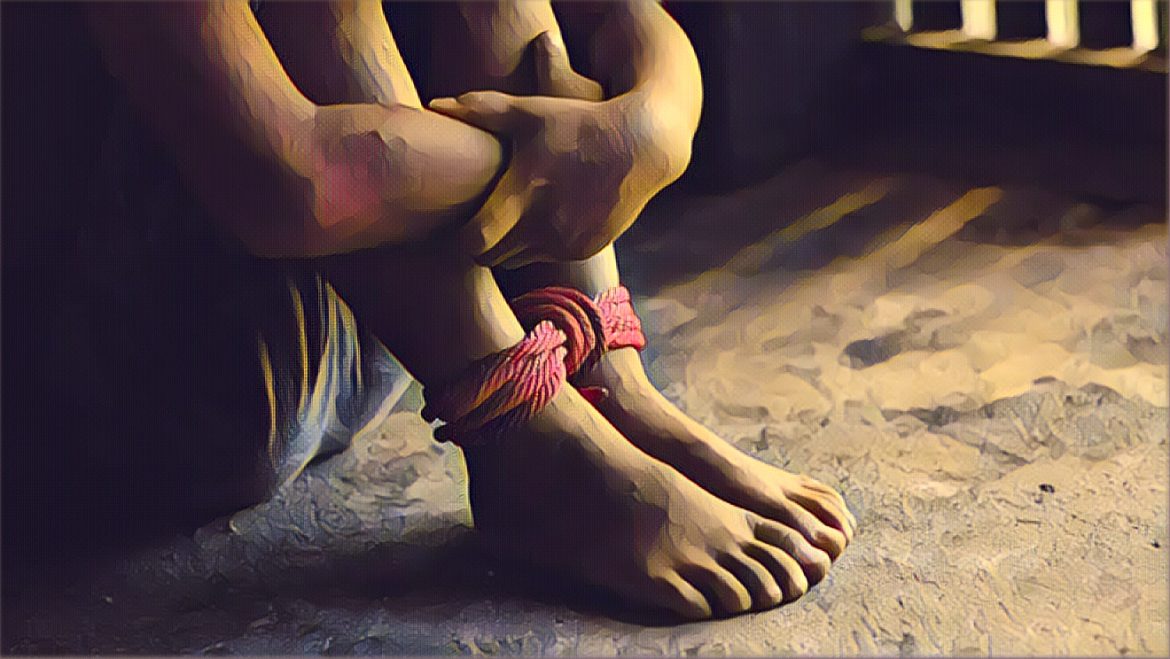Zimbabwe grapples with an insidious epidemic of human trafficking, as underscored by recent convictions and ongoing efforts to curb this pervasive form of exploitation.
Unveiling the Harsh Realities
The recent case of Caroline Ziyanga, sentenced to 30 years in prison for trafficking nine women to Oman, casts a glaring spotlight on Zimbabwe’s battle against human trafficking. Promised jobs in Dubai, these women found themselves ensnared in Oman, subjected to exploitation and abuse. Sadly, this case is not isolated; Zimbabwe has witnessed numerous citizens falling victim to trafficking schemes, lured by false promises only to end up in situations of forced labor and prostitution across the Middle East.
Confronting Systemic Challenges
Despite acknowledging the gravity of the issue, Zimbabwe grapples with abysmally low conviction rates, a consequence of flawed policing methods and pervasive corruption within law enforcement agencies. Moreover, economic hardships, compounded by staggering unemployment rates and soaring inflation, render Zimbabweans increasingly vulnerable to the snares of traffickers.
In response to these challenges, the government has launched the Zimbabwe Anti Trafficking in Person National Actions Policy Plan, signaling a commitment to addressing both the economic crisis and the root causes of trafficking. However, achieving the envisioned transformation by 2030 remains an arduous task, given the country’s heavy reliance on commodity exports and the multifaceted challenges posed by environmental factors such as recurrent droughts.
Rallying for Collective Action and Hope
As Zimbabwe confronts the complex web of human trafficking, there is an urgent call for concerted action from government authorities, civil society organizations, and international partners. By tackling systemic issues such as corruption, poverty, and unemployment head-on, Zimbabwe can pave the way for a future where its citizens are no longer prey to exploitation and trafficking networks.
In this journey toward liberation, every stakeholder plays a pivotal role, from policymakers crafting robust legislation to law enforcement agencies ensuring effective implementation, and communities fostering resilience and awareness. Through collaborative efforts and unwavering commitment, Zimbabwe can turn the tide against human trafficking, heralding a brighter future for generations to come.
Source: New Zimbabwe


